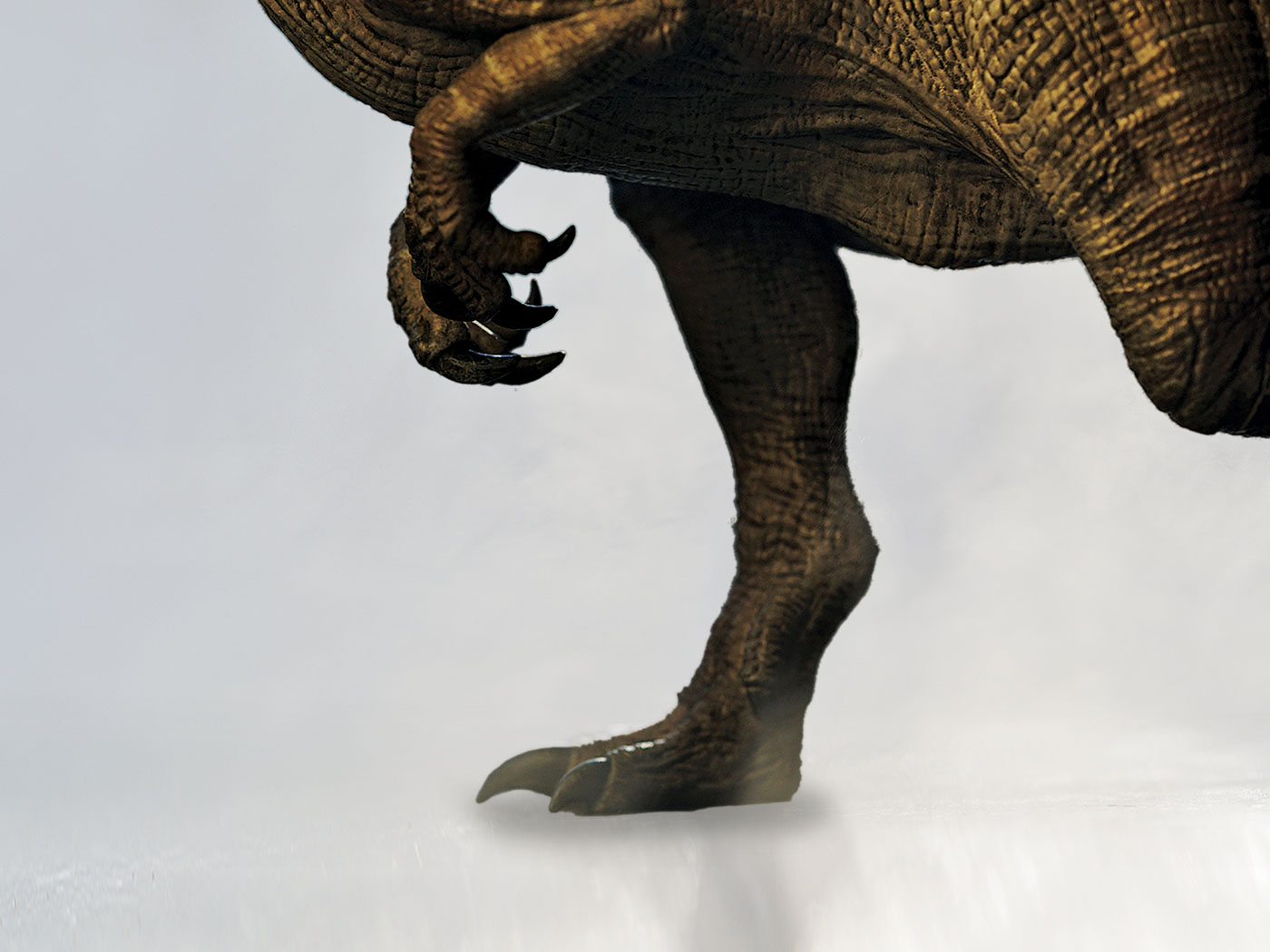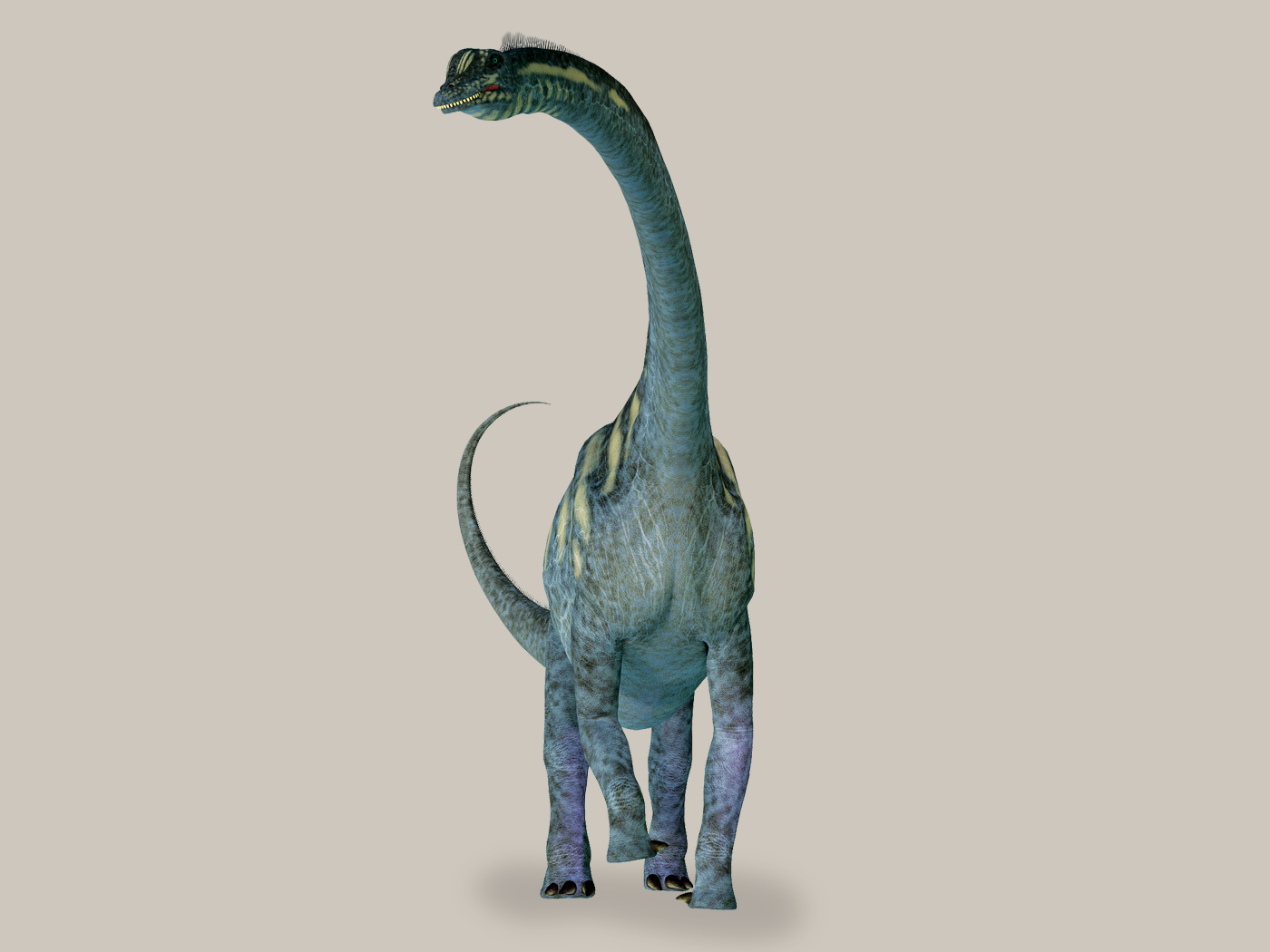Researchers accidentally discovered what appears to be tiny footprints in Precambrian rock. Loren Babcock, Professor of Earth Sciences at Ohio State University, was turning over samples from a Nevada outcrop when he found a series of small, parallel impressions that looked like dots.1 Discovered in 2000, the fossil finding was presented on October 5, 2008, in a poster session at the Geological Society of America meeting in Houston, Texas.2
These prints were likely caused by a small marine multi-limbed creature and were upturned in Precambrian strata, which are located below the rock layers of the “Cambrian Explosion,” where fossils of almost all living phyla suddenly appear as fully-formed organisms. “Scientists once thought that it was primarily microbes and simple multicellular animals that existed prior to the Cambrian, but that notion is changing,” Dr. Babcock explained in an Ohio State University press release.1
The morphing of living forms from microbes to walking animals would require too many precise additions of information for any currently observable natural process to have accomplished it. This fossil discovery single-handedly and instantly removes 30 million years from the standard evolutionary timeline, which must be re-warped to accommodate the new data. In contrast, biblical history remains the same even after this find, because there were no vast eons separating the creation of microbes from the creation of other living things, so no additional explanations are needed as to why their fossils would be located in close proximity.
Putting together the pieces of the past into a highly detailed sequence is difficult for anyone, because of the incomplete historical data that are available. The reliable framework provided by Scripture, however, not only accommodates the most paleontological data with the fewest assumptions, but its history can be used to predict what we see in the rocks. If there really was a worldwide flood, what might the earth’s surface show? Regionally extending, fossil-bearing, catastrophically-emplaced sedimentary rocks are a visible testimony.
So, both the newly discovered fossil tracks and the sudden appearance, without transitions, of fossil life forms conflict with the millions of years required by evolution. The appearance of walking creatures in any rock stratum does not confute that “by the word of God the heavens were of old, and the earth standing out of the water and in the water: Whereby the world that then was, being overflowed with water, perished.”3
References
- Earliest footprints ever found – discovered in Nevada. The Ohio State University press release, October 5, 2008.
- Ahn, S.-Y. et al. 2008. Body and Trace Fossils from the Deep Spring Formation (Ediacaran), Western Nevada. Presented at the 2008 Joint Annual Meeting, October 5-9, in Houston, TX.
- 2 Peter 3:5-6.
Photo by Kevin Fitzsimons, Ohio State University.
* Mr. Thomas is Science Writer.
Article posted on October 15, 2008.












